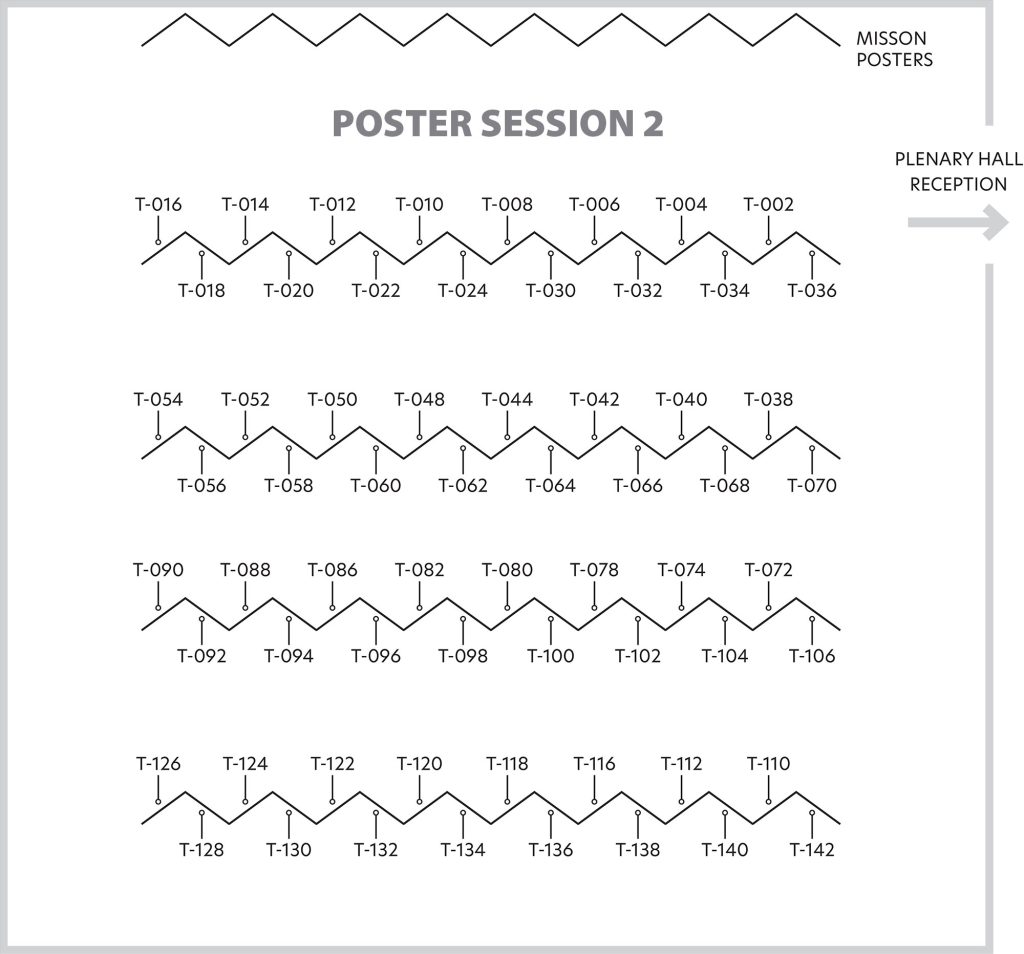POSTER Session 2
Tuesday, October 8
11:10–12:50
Poster Session | 1 | 2 | 3 | 4 | Instructions | Schedule at a Glance
ABSTRACT 1003 | POSTER T-100
PHYTOPLANKTON BLOOM MONITORING IN BRAZILIAN COASTAL REGIONS BY THE RENOMO NETWORK
The National Network for Ocean Observations and Monitoring (ReNOMO) is a new Brazilian program that will provide an online platform to distribute regional oceanographic products, including ocean color remote sensing, which is fundamental for monitoring phytoplankton blooms. To parameterize and improve regional bio-optical models, ReNOMO sponsors observations of optically active ocean components: phytoplankton community composition (microscopy), absorption by phytoplankton, non-algal particles and colored dissolved organic matter (spectrophotometry), concentrations of phytoplankton pigments (HPLC) and total suspended matter (gravimetry), hyperspectral remote-sensing reflectance – Rrs (HyperSAS), dissolved oxygen, pH, turbidity, CTD and PAR. Here we present preliminary results from two heavily-populated Brazilian coastal areas where harmful algal blooms are frequently reported: Santa Catarina-SC (12 stations in October/2023), where waters are optically dominated by suspended sediments, and Rio de Janeiro-RJ (20 stations in May/2024), where CDOM and phytoplankton are optically dominant, both displaying abundant centric diatoms and dinoflagellates associated with upwelled waters and anthropogenic eutrophication. Blooms of Noctiluca scintillans co-occurring with Coscinodiscus weilessi were observed in SC (storm season) while blooms of Tetraselmis sp. and mixed diatoms in RJ were synchronic to marine heat waves. Spectral shapes of Rrs during blooms revealed robust features of fluorescence and accessory pigment absorption. These first optical characterizations allow the development of dedicated algorithms to detect these increasingly frequent blooms in SC and RJ, for current and future sensors. A time series of such blooms will aid our understanding of the effects of extreme weather events and climate variability over the Brazilian marine ecosystems.
Ella Pereira, Federal University of Rio Grande, Brazil
Maria Fernanda Giannini, Federal University of Rio Grande, Brazil
Priscila Lange, Federal University of Rio de Janeiro, Brazil, https://orcid.org/0000-0003-2136-2273
Ana Paula Forgiarini, Federal University of Rio Grande, Brazil
Luciana Souza, Federal University of Rio Grande, Brazil
Lino Sander de Carvalho, Federal University of Rio de Janeiro, Brazil
Luiz Fernando Albuquerque, Federal University of Rio de Janeiro, Brazil
Domenica Lima, Rio de Janeiro State University, Brazil
Fernando Barberine, Federal University of Rio de Janeiro, Brazil
Aurea Ciotti, University of São Paulo, Brazil
Mauro Cirano, Federal University of Rio de Janeiro, Brazil
Carlos Garcia, Federal University of Rio Grande, Brazil
Poster Session | 1 | 2 | 3 | 4 |
Instructions | Schedule at a Glance
Questions?
Contact Jenny Ramarui,
Conference Coordinator,
at [email protected]
or (1) 301-251-7708

